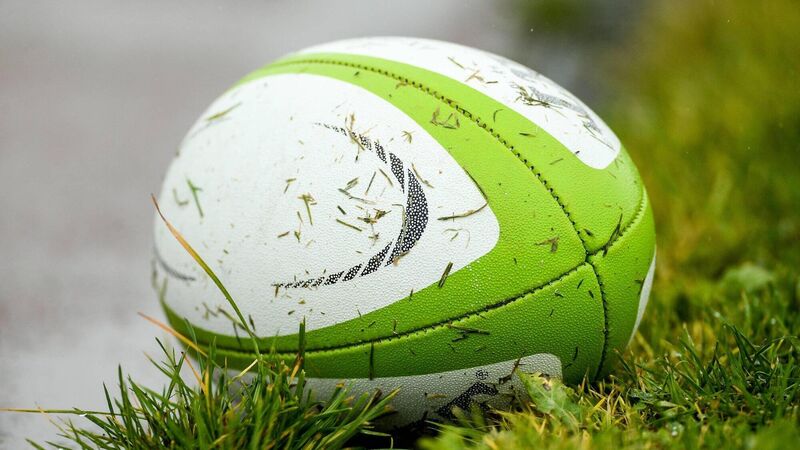Michael Moynihan: The sports fan and the honesty dilemma

Páirc Uí Chaoimh’s central government funding model, concussion in rugby, and the recent fall-out after Paddy Jackson was promoted within London Irish show this isn't just an American concern
I know that when I usually refer to a book it comes at the end of this column, as a recommendation to readers, but this Monday I felt I’d fly it from the mainmast (is that even a nautical term? Never mind).









